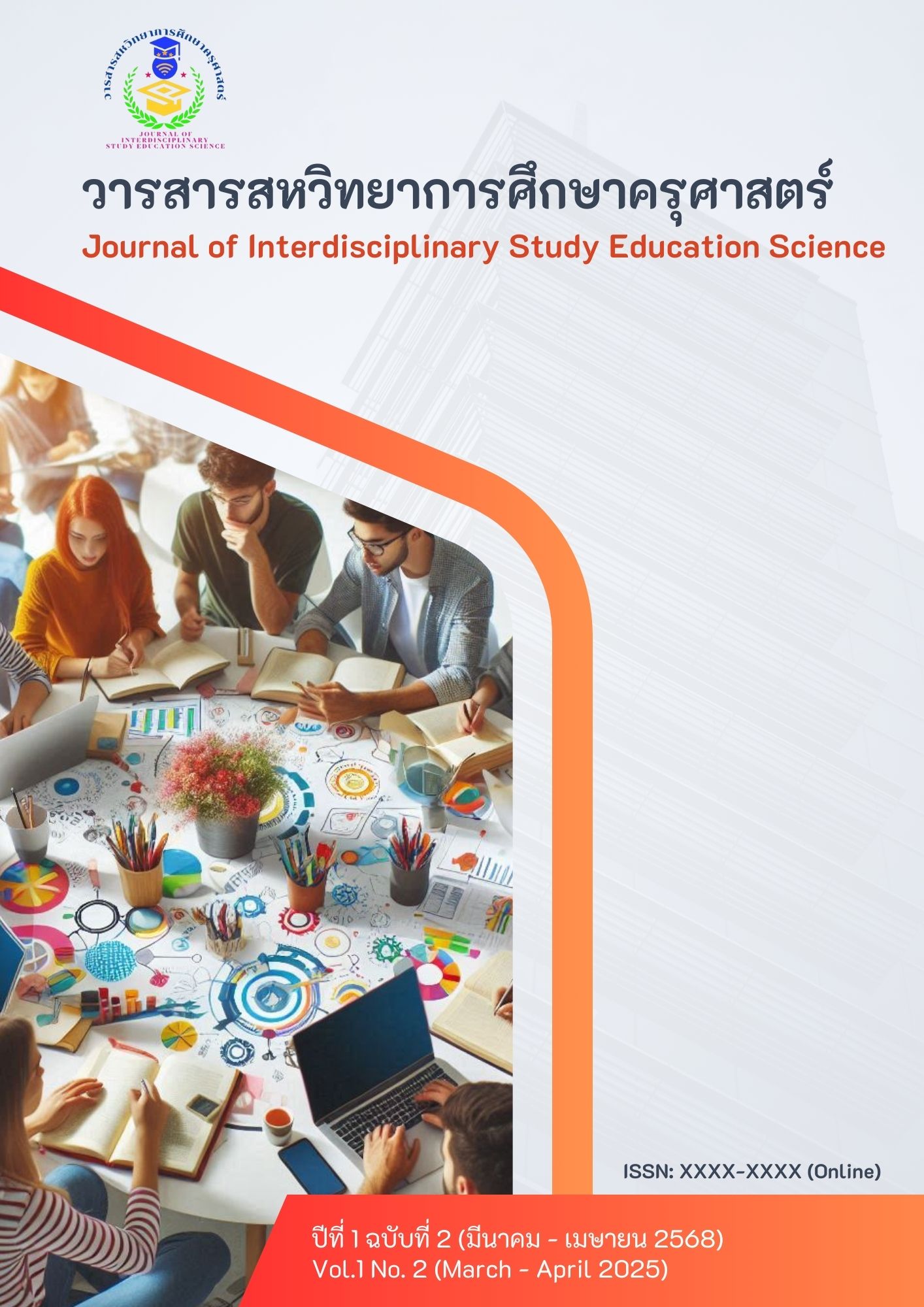Fostering Joyful Awareness in Learning Among Students in Buddhist Monastic Schools
Main Article Content
Abstract
This study focuses on fostering the state of “joyful awareness in learning” among students in Buddhist monastic schools (Pariyatti Dhamma Schools). It represents an integrative approach between Buddhist principles and modern educational practices. Through the synthesis of related theories, concepts, and research findings, along with an in-depth contextual analysis of learners within these schools, a new body of knowledge has emerged in the form of the 3C-BAAN Model. This holistic framework emphasizes the development of learners in terms of mindfulness, wisdom, and moral integrity. The 3C model consists of three core components: (1) Consciousness – cultivating awareness, self-reflection, and mindful thinking based on the Buddhist Threefold Training (Sīla, Samādhi, and Paññā); (2) Compassion – nurturing positive attitudes and supportive emotional relationships through cooperative and value-based learning activities; (3) Contemplative Learning – integrating Buddhist doctrines (e.g., the Four Paths of Accomplishment and the Three Characteristics of Existence) with general academic content to promote deeper understanding and ethical consciousness. These components are grounded in the BAAN foundation, which includes: Balance (emotional and mental stability), Awareness (present-moment consciousness), Aspiration (intrinsic motivation), and Noble Practice (practical engagement in moral conduct). The 3C-BAAN model serves as a pedagogical innovation that promotes contemplative education aligned with core Buddhist teachings. It is designed to be applicable in real classroom settings through activities such as mindfulness practice, reflective dialogue, and experiential learning. The results of this model offer a transformative direction for learning management, especially within Buddhist monastic schools that prioritize self-discipline, spiritual cultivation, and holistic development.
Ultimately, this model provides a sustainable and adaptable framework for spiritual-based education, with the potential to extend its application to other educational alternatives that value learning for inner peace, ethical growth, and self-awareness.


